Search Results for

January 30, 2026
Tracking the Environmental Harms of Trump Actions
Trump’s second term began with drastic announcements on Day One and has been chaotic every day since. It can be overwhelming to try to keep up with the cuts to environmental funding, rollbacks to critical regulations, and track the thousands of staff across agencies who have been fired from their roles. The purpose of this tracker is to monitor some of the most important tangible increases in pollution and environmental and health harms caused by the Trump administration’s actions.

May 02, 2025 | Watchdog Weekly
Newsletter Climate and EnvironmentCongressional OversightConsumer ProtectionCorruption CalendarDOGEElon MuskEthics in GovernmentTech
Corruption Calendar Week 15: Trump, Binance and MGX—A Crooked Match Made In Dubai.
This week, the Trump family continued to blur the line between politics and business with Trump 2028 merch and a billion dollar deal with Binance and MGX. Trump Jr. and Eric Trump’s potential stock sales and a new elite Washington club further expose this convergence. President Trump’s pardons of allies, Elon Musk’s apparent sway over personnel picks, and the rollback of consumer and coal miner protections add to the ethical concerns.

February 28, 2025 | Watchdog Weekly
Newsletter Climate and EnvironmentConsumer ProtectionCorruption CalendarEthics in GovernmentJudiciaryTechTrump 2.0
Corruption Calendar Week Six: A dying CFPB, Musk’s business boom, conflicts of interest, and blatant favoritism.
This week, the Trump administration is moving fast to dismantle the Consumer Financial Protection Bureau (CFPB), abandoning several active enforcement cases against financiers ripping off consumers. The SEC paused its case against Trump ally Justin Sun and handed the crypto industry another victory. Elon Musk continues to have field day after field day, slashing agencies he doesn’t like and watching his businesses balloon in value since the election. Several Trump appointees (like CFTC Chair Nominee Brian Quintenz and acting administrator of the PHMSA Ben Kochman) have major conflicts of interests which will likely skew agency action towards the interests of corporations at the expense of the public. We also witnessed an instance of blatant bias in how legal actions are handled, with leniency toward Republicans.

February 20, 2025
Let’s Disavow The Myth of Government Efficiency
In a recent episode of Pod Save America, the hosts argued there was a “right” and “wrong” way to reduce the size of the federal government. We wholeheartedly disagree with that perspective. What the Trump administration is doing is indeed incredibly destructive and “wrong” and ostensibly center, center left and left wing voices need to push back against the idea that there’s a “right” way to slash the federal budget and workforce. We should be pushing for more resources for non-defense agencies, not less.
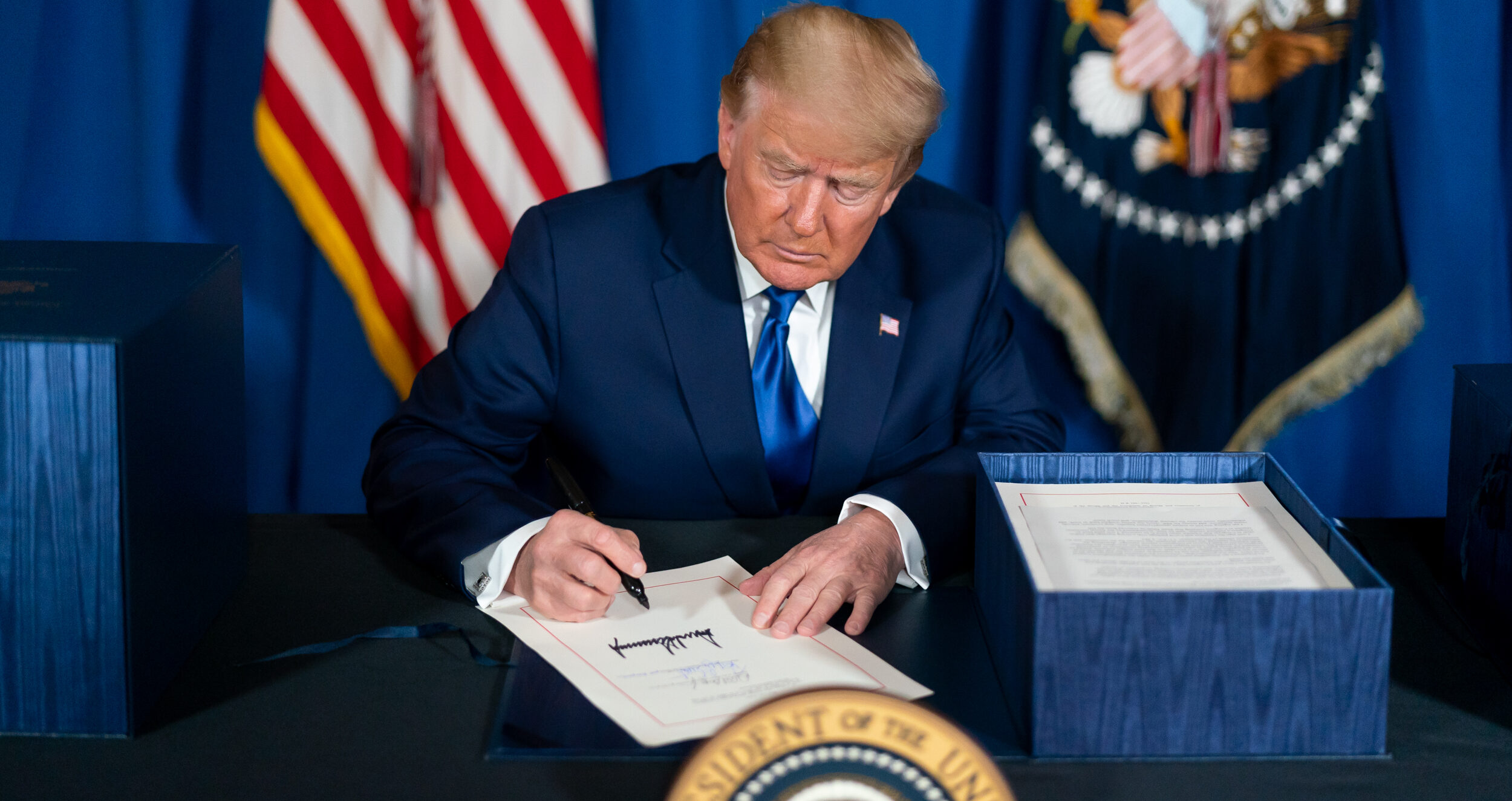
February 05, 2025
Trump’s Hiring Freeze Will Make Life Worse for the American People
On January 20 2025, President Trump issued a memorandum ordering a 90-day freeze on the hiring of federal civilian employees. This blog post will break down the memorandum, compare it to the 2017 hiring freeze and discuss implications for government capacity, corporate crackdown, and the American public.

May 10, 2024
Four executive branch agencies that desperately need more funding and staffing
Across the federal government, we continue to see how staffing issues are preventing agencies from fulfilling their mandate, at the expense of the public and to the benefit of corporate wrongdoers. The Food and Drug Administration (FDA), The Federal Emergency Management Agency (FEMA), The Environmental Protection Agency (EPA), and The Internal Revenue Service (IRS) are 4 agencies that desperately need more funding and staffing to protect and do right by the American people.
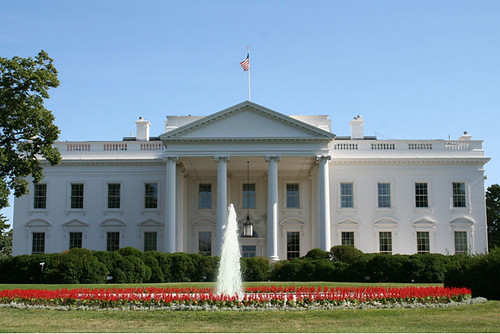
April 15, 2024
Unpacking The Federal Executive Branch, A Conversation With Vanderbilt University Professor David Lewis
Coverage of presidential elections typically hones in on contestants’ competing legislative visions, which in truth, tend to morph considerably when hit by the reality of an intransigent Congress. This prompts an important question: are presidential elections overrated? Well, before drawing that conclusion, consider one of the underrated consequences of a federal election: the potential for a new administration to alter the management of the federal workforce and the operations of individual departments within the executive branch. Although journalists eschew reporting of these consequences in favor of (legislatively focused) policy platforms and rallies, there is a wide body of academic research which investigates the impact of presidential administrations on the federal executive branch’s ability and capacity to fulfill its roles and responsibilities.
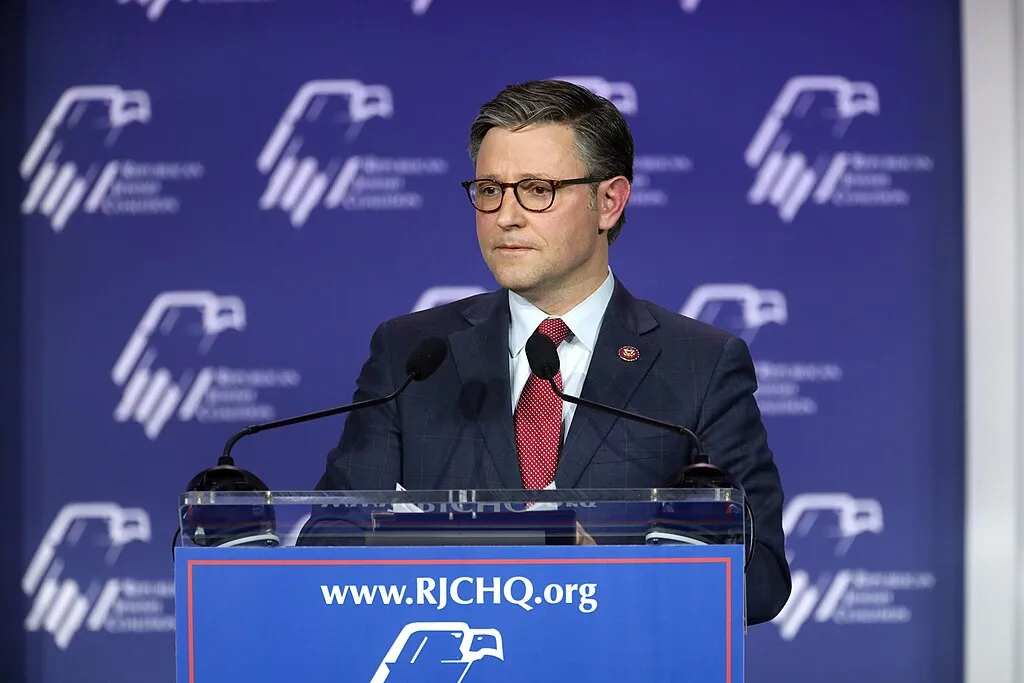
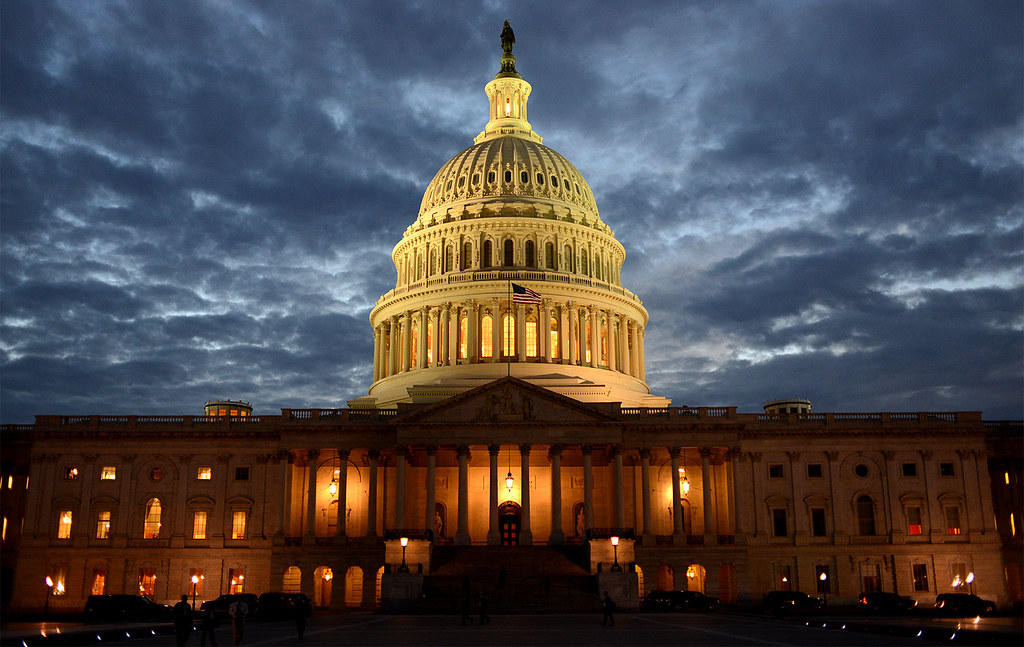
January 10, 2024
Blog Post Climate and EnvironmentCongressional OversightCorporate CrackdownGovernment CapacityHousingIRS
Glossary of Useful Federal Budget Terms
Learning about the federal government’s budget process can be daunting. Here are a few key terms to help better understand of the federal budget process as of late.
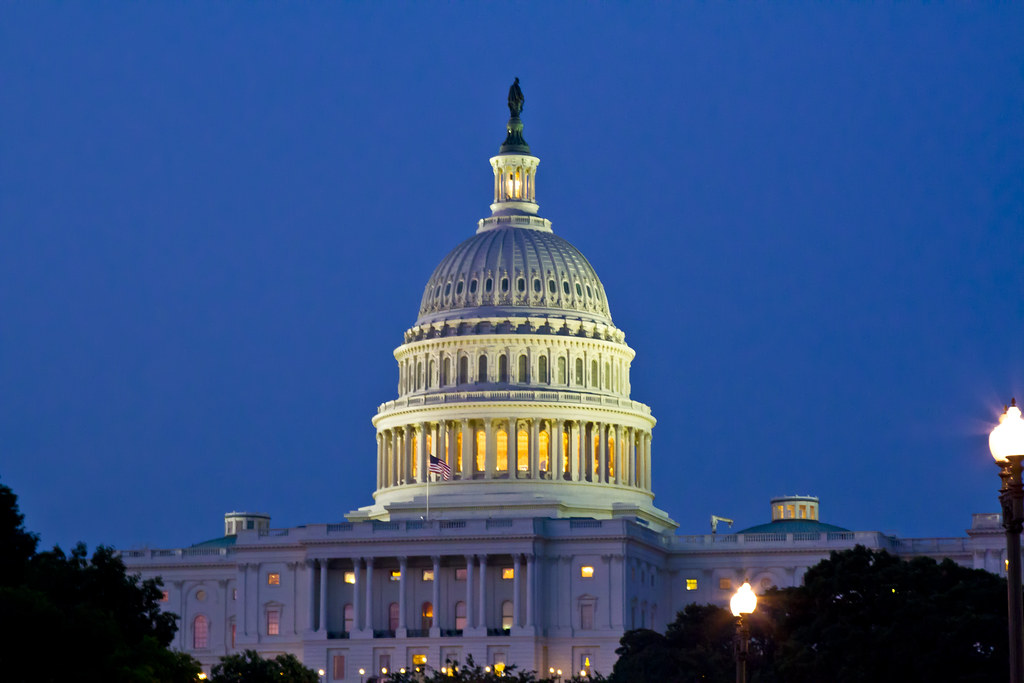
July 07, 2023 | Democracy Journal
RELEASE: Understanding How Budget Reforms Were Exploited To Drain Federal Agencies Can Help Americans Develop a Strategy to Fight Back.
Revolving Door Project’s Fatou Ndiaye published a piece in Democracy Journal outlining the staggering gap between how the appropriations process for federal agencies is supposed to work versus how it currently works. Understanding the difference can help Americans refine strategies to get our voices heard in Congress and shine light on overlooked contributors to chronic underfunding across the federal government. Such an examination is especially relevant as Congress appears poised for a series of fiscal nightmares this fall.
October 14, 2022
Hannah Story Brown Timi Iwayemi Fatou Ndiaye
Blog Post Executive BranchGovernment CapacityIndependent Agencies
Omnibus Awareness Month in Review
If Congress regularly met its own deadlines, then October—the first month of the fiscal year—would also be the first month when federal agencies could implement their new and improved budgets. Unfortunately, the modern Congress regularly fails to pass an omnibus spending package for the next fiscal year, which bundles several appropriations bills for different parts of the federal government into one whole-of-government budget, by the end of the previous fiscal year. This autumn is no different.

July 28, 2022
CORPORATE CRACKDOWN UPDATES: 7/28/22
Welcome to the seventh edition of the Revolving Door Project’s Corporate Crackdown Project newsletter! Presented by the people who infuriate the sponsors of other newsletters.

April 25, 2022 | The American Prospect
Where's The Congressional Champion On Pharma Patent Abuses?
But for all of this, neither party’s congressional leaders have directly challenged the main legal mechanism that accounts for those high costs—namely, intellectual property. You’d think members of Congress would recognize the political salience of picking a fight with one of the most hated industries in America. So why isn’t anyone on Capitol Hill even talking about intellectual property’s role in driving high drug prices, and taking the PTO to task to do something about it?

March 16, 2022
To Take Down Corporate Polluters, the DOJ's Environmental Enforcer Needs More Capacity
Overseen by Assistant Attorney General Todd Kim, the Environment and Natural Resources Division (ENRD) is one of seven litigating components of the Department of Justice (DOJ). The ENRD is divided into ten sections, each with its own area of expertise. The Division fulfills a wide range of responsibilities. For instance, the ENRD is tasked with protecting the nation’s natural resources and enforcing U.S. civil and criminal environmental laws, including the Clean Water Act, Clean Air Act, and hazardous waste laws. The Division also handles tribal rights and resources cases. Other responsibilities include, but are not limited to, “facilitating cleaner energy and ensuring marketplace integrity; defending and adjudicating water rights for Federal agencies and Indian Tribes, as well as policies and decisions that support the generation of clean energy on Federal lands and the outer continental shelf; and, promoting international climate justice activities and the advancement of legislative and policy matters related to climate change.”

February 07, 2022
The Department of Energy Needs More Capacity To Help Prevent A Dim Future
Addressing the climate crisis on a federal level requires, at minimum, that the agencies and departments of the federal government be fully staffed and equipped to implement and enforce regulations. In the Revolving Door Project’s Climate Capacity Crisis Report, we initially found that the Department of Energy (DOE) had relatively higher staffing levels compared to other agencies, though certainly not enough to fulfill its mandate. As of June 2021, Biden’s DOE had hired 79 more STEM employees than were employed by the department in September 2016, whereas the Department of Agriculture, Department of Interior, National Park Service, United States Geological Survey, and the Environmental Protection Agency all lost STEM employees within that same time period. Despite the DOE’s comparably impressive staffing levels, a recent Washington Post article revealed that the department was struggling to stay on top of mounting work, causing unnecessary problems in their fight against the climate crisis.
